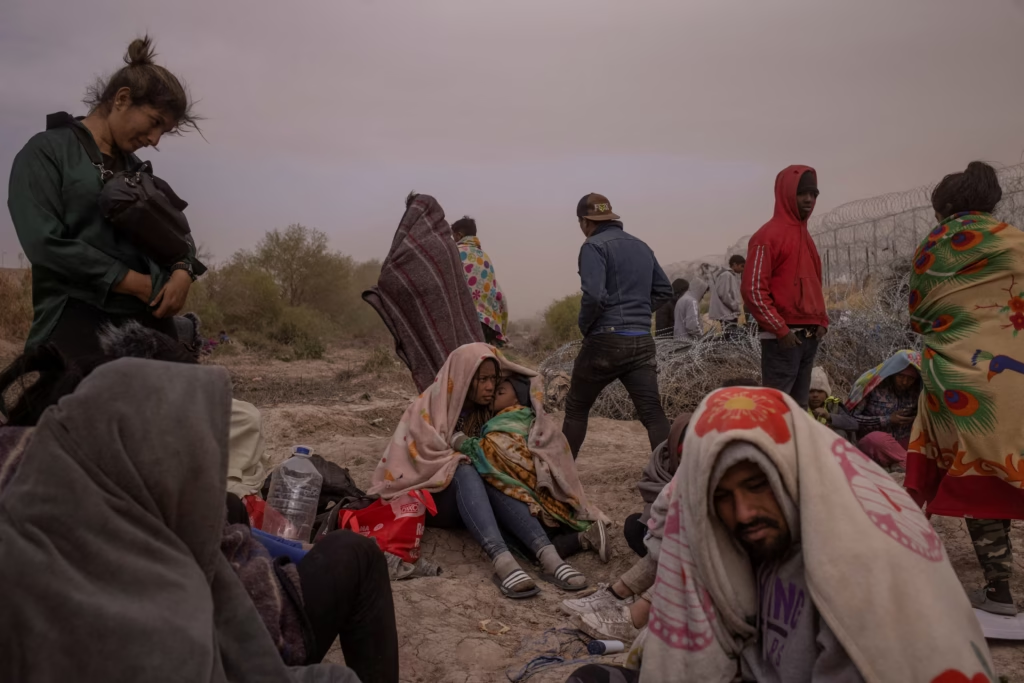President Donald Trump announced Saturday that Venezuela has agreed to accept the return of all Venezuelan nationals in the United States without legal status, including gang members.

“Venezuela has agreed to receive, back into their country, all Venezuelan illegal aliens who were encamped in the U.S., including gang members of Tren de Aragua,” Trump said in a post on Truth Social. He added that Venezuela has committed to providing transportation for the deportees.
The Venezuelan government has not yet responded to requests for comment.
Trump’s statement came a day after U.S. envoy Richard Grenell met with Venezuelan President Nicolás Maduro in Caracas and secured the release of six detained U.S. citizens.
The White House said Grenell’s visit does not signal a shift in U.S. policy toward recognizing Maduro’s government. The two nations have experienced strained relations in recent years, marked by economic sanctions, diplomatic disputes, and allegations of coup attempts.
Grenell emphasized that no financial or policy concessions were made to Maduro.
“The only reward for Maduro was my physical presence, the first senior U.S. official to visit the country in years,” Grenell told The Wall Street Journal. “It was a big gift to him to have a visit by an envoy of President Trump.”
Maduro expressed optimism following the meeting, stating, “We have made a first step. Hopefully, it can continue.”
Trump framed the agreement as a major step in his administration’s efforts to reduce illegal immigration.
“We are in the process of removing record numbers of illegal aliens from all countries, and all countries have agreed to accept these illegal aliens back,” Trump said.
The agreement with Venezuela comes as the Trump administration moves to increase deportations of migrants from Latin America.
Last Sunday, the U.S. and Colombia reached a deal to accept military aircraft carrying deported migrants, avoiding a potential trade dispute.
Meanwhile, Mexico has declined to accept U.S. military deportation flights but confirmed it has received non-Mexican migrants from the United States in recent weeks. Mexican President Claudia Sheinbaum suggested that other Central American nations could also negotiate similar agreements with Washington.
Since taking office on Jan. 20, Trump has issued a series of executive orders aimed at tightening immigration enforcement, including policies designed to accelerate deportations of migrants without legal status.


